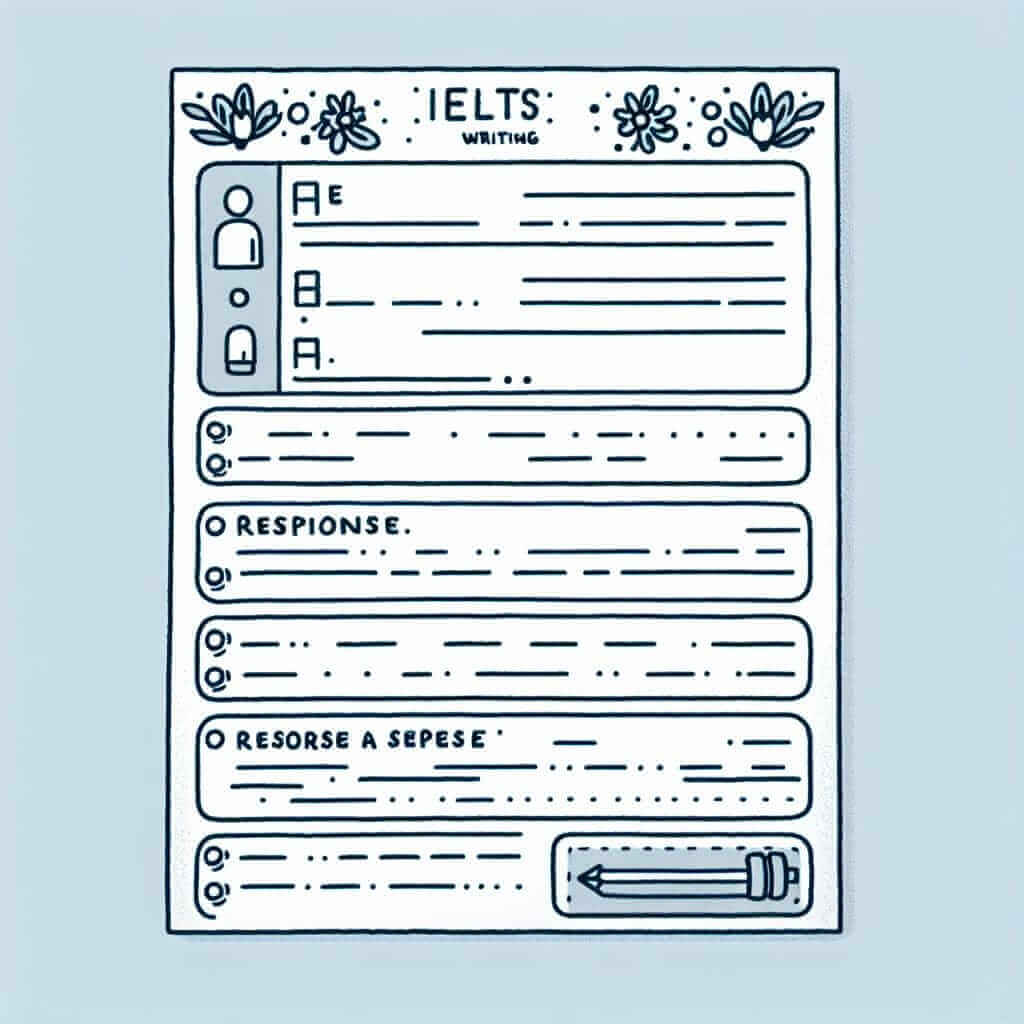As an IELTS instructor with over two decades of experience, I’ve witnessed firsthand the challenges students face with the Writing section. Many aspiring high-scorers turn to resources like those provided by Simon, a well-respected figure in the IELTS preparation community. But simply using his materials isn’t enough. It’s crucial to understand how to effectively implement his strategies to see real improvement. Let’s dive into maximizing your IELTS Writing score using Simon’s valuable advice.
Understanding Simon’s Approach
Simon emphasizes a clear, concise, and structured approach to IELTS Writing. He champions the importance of:
- Answering the question directly: Addressing all parts of the task and avoiding irrelevant information.
- Clear and logical organization: Utilizing paragraphs effectively, with clear topic sentences and supporting details.
- Accurate grammar and vocabulary: Choosing words precisely and demonstrating a good command of grammatical structures.
- Cohesive writing: Ensuring ideas flow smoothly using linking words and phrases.
Putting Simon’s Strategies into Action
1. Analyze the Task: Before you start writing, dissect the question. Identify the type of essay (opinion, discussion, problem/solution), key instructions, and what the examiner expects.
2. Plan Your Essay: Spend a few minutes creating a basic outline. Simon recommends a four-paragraph structure for most essays: introduction, two supporting paragraphs, and a conclusion.
3. Master Paragraph Structure: Each paragraph should focus on a single main idea. Start with a clear topic sentence, provide supporting evidence and examples, and use linking words to connect ideas within and between paragraphs.
4. Vocabulary Enhancement: Simon stresses using precise and varied vocabulary. However, avoid using overly complex words just for the sake of it. Focus on using words relevant to the topic and that you can use confidently.
5. Grammar Accuracy: Grammatical errors can lower your score. Simon suggests focusing on common mistakes made by IELTS candidates, such as verb tenses, subject-verb agreement, and articles.
6. Practice, Review, and Repeat: Practice writing essays under timed conditions. Analyze sample essays provided by Simon, paying close attention to structure, vocabulary, and grammar. Seek feedback from an experienced IELTS instructor on your writing.
Examples from IELTS Writing Tasks
Let’s look at how to apply Simon’s advice to a real IELTS essay question:
Question: Some people believe that the best way to reduce crime is to give longer prison sentences. Others, however, believe that there are better alternative methods. Discuss both views and give your own opinion.
Applying Simon’s Approach:
- Directly Address the Task: Clearly state both sides of the argument and your own opinion in the introduction.
- Structure: Devote one body paragraph to each side of the argument, providing supporting evidence and examples.
- Vocabulary: Use relevant vocabulary like “deterrent,” “rehabilitation,” “reoffending,” and “community service.”

Tips for Success
- Time Management: Allocate time wisely. Spend about 20 minutes on Task 1 and 40 minutes on Task 2.
- Proofread Carefully: Reserve a few minutes to review your writing for errors in grammar, spelling, and punctuation.
- Use Official IELTS Practice Materials: Familiarize yourself with the exam format and types of questions asked.
- Don’t Memorize Answers: The IELTS exam tests your ability to think critically and express your ideas effectively, not your memorization skills.
Conclusion
Improving your IELTS Writing skills requires a focused and strategic approach. By understanding and implementing Simon’s techniques, focusing on clarity, accuracy, and structure, and dedicating sufficient time to practice and feedback, you can significantly enhance your writing proficiency and achieve your desired IELTS score. Remember, consistency and perseverance are key. Good luck!